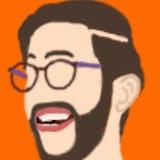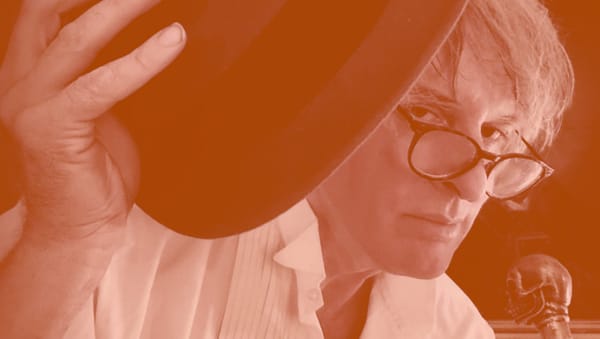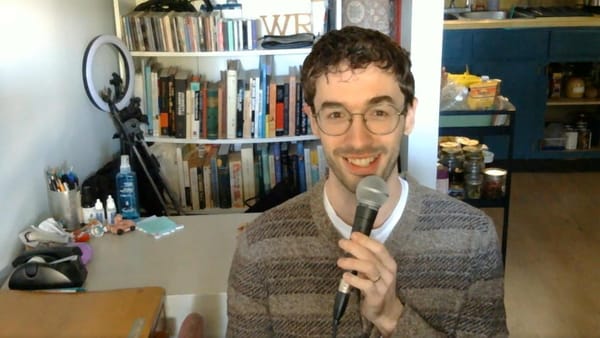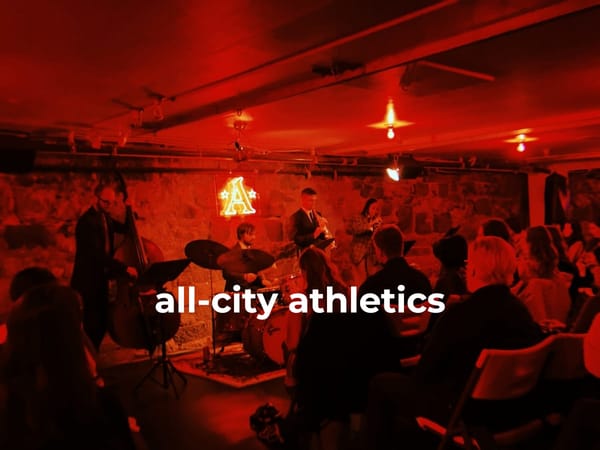"We're all accompanying each other": The Norma Winstone interview
"I've never felt like a leader. I've always felt as if I was cooperating with people." She plays the BlueShore May 10

On April 25, 2025, I interviewed English vocalist-lyricist Norma Winstone about her new album Seascape with the Atlantic Jazz Collective, which is out today on Alma Records. The Atlantic Jazz Collective also includes German-born, Newfoundland-based pianist Florian Hoefner, Canadians Mike Murley on saxophone and Jim Vivian on bass, and American drummer Joe LaBarbera.
Winstone, 83, has a career spanning more than five decades. She is best known for her many albums as a leader and for her collaborations with Kenny Wheeler, including the ensemble Azimuth with her former husband John Taylor. She performed at Capilano University with students from the jazz program in 2016 and returns to the BlueShore Centre at CapU next Saturday, May 10, as part of the Atlantic Jazz Collective's Canadian album release tour.
Please enjoy my full conversation with Norma Winstone. I made some light transcript editing for clarity.
CDs are available for Seascape here. Stream the album here.
WILL CHERNOFF: Okay, thank you, Norma. So I saw that for Seascape, the Canadian tour, it starts on the 8th of May in Edmonton. It reaches where I am in Vancouver on the 10th, and it ends on the 17th in Toronto. So you are currently at home?
NORMA WINSTONE: I am, yeah!
WC: What is that like for you now, at this stage of what has been such a long and amazing career? How often do you find yourself doing something like this and going on the road, versus how often are you at home?
